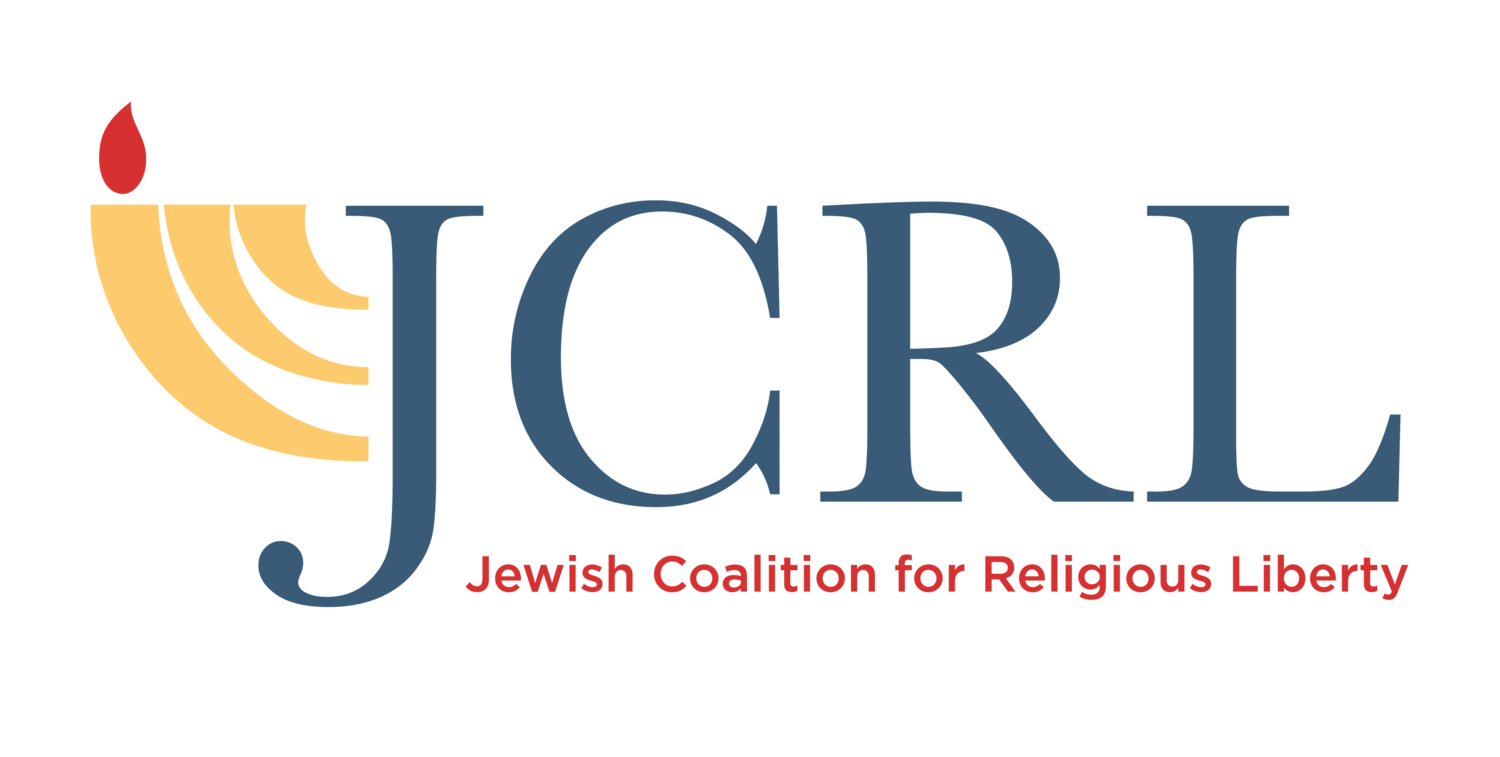Little Sisters of the Poor v. Burwell
This case helped spur the formation of the Jewish Coalition for Religious Liberty. Rabbi Mitchell Rocklin led a group of Jewish rabbis, represented by Howard Slugh, in filing an amicus brief in support of a group of Catholic nuns who simply wished to continue to care for poor retirees without violating their religion. The Department of Health and Human Services required that any health insurance plan that these nuns – and others like them – provided to their employees must facilitate the provision of products, including abortion-inducing drugs, that their faith forbids them from providing.
The Little Sisters sued HHS to protect their freedom of religion. After a long and extended court battle, the Supreme Court, in May 2016, overturned earlier rulings against them and relegated the case back to a lower court.
JCRL’s founders filed two briefs in the case, and were the first to file a legal brief when the case was heard by the US Supreme Court.
In May 2017, President Donald Trump issued an Executive Order directing federal agencies to protect the Little Sisters of the Poor and other similar religious institutions from the previous HHS Mandate. HHS and other government agencies must make any adjustments necessary to exempt religious groups from this mandate and desist from legal fights against the Little Sisters and other similar organizations.
It is important to note that the Obama administration admitted that the Little Sisters’ religious objection did not even threaten any woman’s access to contraception or abortion. After the oral arguments presented at the Supreme Court, the government acknowledged that it had the ability to provide these services in ways other than those required by the HHS mandate.
This case is vitally important for American Jews, who understand better than most how difficult it is for a misunderstood minority to practice their religious beliefs free from government coercion. Jews, like all other Americans, stand to benefit when the government must pursue the least burdensome means possible when pursuing a public policy end that conflicts with religious rights, no matter how popular that end might be with the majority.
The main full brief for the case is available for download here.
